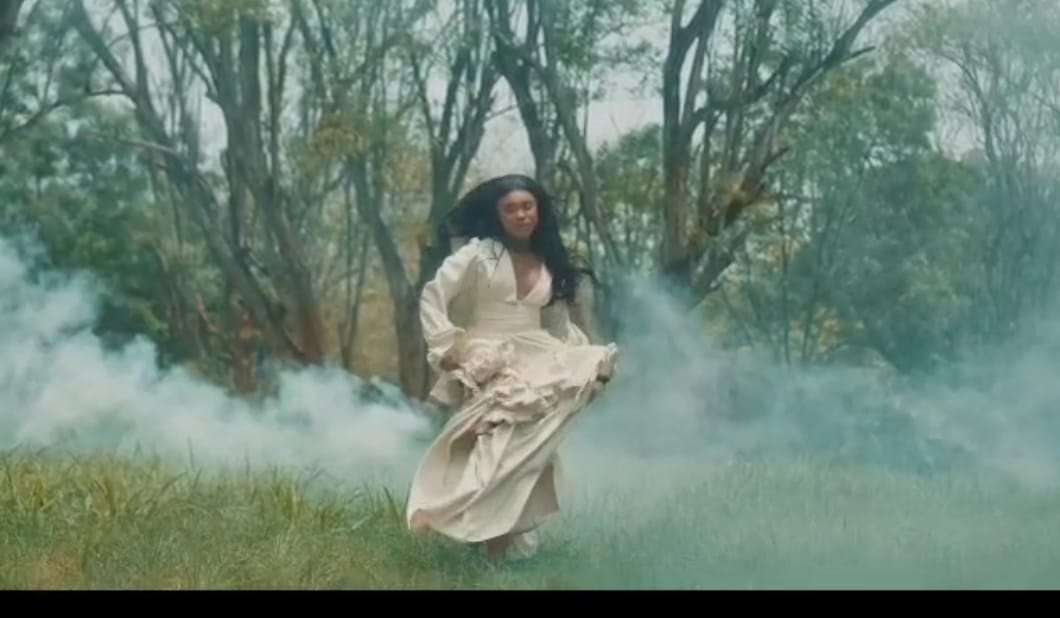
By Ivor AGYEMAN-DUAH
Charles Kwadwo Fosu (Lumba) was a musical enigma who defied his chosen category of highlife music.
He indulged in natural themes of life – funerary or dirge songs, matrimonial comfort and its reverse, infidelity of the sexes particularly, explicit sexual muses, the return love of women, politics of sponsorship whether in NPP’s campaign trade-song Nana Ye Winner or the forcible adaptation of the track Yentie Obiaa by John Mahama. It made him a polemicist and a neutral wanderer within social circuits.
Which musician produced enough profane context unbearable to conservative Christians who at the same time, could not resist the track of his Passion ritual song – of Jesus’ last moments as he soldiered on to Calvary in Makra Mo?
This song, which emotional commentators equate to the prediction of his own death twenty-eight years ago, was in plain language and religious fervour about the new church of resurrection that would come from Jerusalem as the universal Catholic church.
On many occasions a secularist and, at others a momentarily sacred apologist, his life of sixty years was relatively fulfilled. His majority chief patrons of women found a linguist in how and what they felt in bad marriages and domestic rivalry. In compound houses in Kumasi, women at logger-heads bitterly spoke with contempt to each other by his different songs. Some tenants were banned from playing Lumba by landlords.
With a wealth of language power derived from his upbringing in Jamasi and Juaben in Asante, they were non-proverbial but creative phrases (contemporary in many) and sentences of innuendoes. Such wealth of language usage was reminiscent in the palace Twi language and its poetics in the post-colonial nationalism and historical reconstruction in the music of J. H. Kwabena Nketia, Ephraim Amu or of Ewe politic songs of Kofi Awoonor’s Keta society.
Lumba’s diatribe against a colleague musician whom he qualified as a chief fool for questioning his integrity and accusation of cheating on mutual production income, is not different from some Ga social repertoire or Awoonor’s translated poem in Songs of Abuse in The Promise of Hope:
I know you all, you lascivious brutes
I know one in particular
his mother an aging whore
his putative father
a lunatic criminal
with a record of political molestation.
Insult in folklore music and poetry turns to be very raw and unambiguous in their patronage effect. Their evolution into the contemporary as in Lumba’s, carries the same effects. But then, philosophical lyrics could be similar. Lumba might not have read the English playwright’s “life is but a walking shadow, a poor player…” in As You Like It, but he knew enough human vulnerabilities of his own society to come to the same conclusion.
Expression of gratitude could also be as powerful as other incidents of social conflicts. And here, his master alum in dedication to his teenage school girlfriend, Theresa Abebrese (Nana Konadua) who died at 53 in 2017, is most exemplifying.
In recent memory, two great Ghanaians stood on the world stage and loudly proclaimed affection for their wife and girlfriend. When Jerry John Rawlings received a major prize in Japan with an engrossing citation, he responded by telling the packed audience that he owned what he had been and done to Nana Konadu Agyeman-Rawlings, which came with a thunderous applause.
With Lumba, it was with the classic Theresa, daughter of Maame Broni, resident at Bohyen near Kotoko Residence. She clothed him in school when he was almost naked with a single wear and fed him when he was most hungry. This was at one of the country’s most difficult economic challenges in the mid-1980s. It would be she, who in anticipation of a future together, virtually sponsored him to sojourn in Germany as it was the sought for prize from escaping the rough times in Ghana.
An undocumented migrant, he delayed in returning home for years. Then Nana Konadu got married, which upset him against money in abundance and what those who had could get what they didn’t deserve. This musical eulogy of the power of money could be ironic, as it was the same money that propelled his sojourn abroad. Unable to blame her goodness, she was treated as a goddess of a once deprived man.
Her popularity was such that her mother’s cloth-selling business at the central market in Kumasi grew bigger and bigger. Many went to buy and others to take a glimpse of her; turning that section of trading into a traffic lane. Others attended funeral in Kumasi that she attended. Her sudden death was shocking but Lumba was finally a legitimate German migrant and obviously attended her funeral.
Her widower, the wealthy and flamboyant Nana Yaw, would die some few years after ending one side of a life. The other, the passing of Lumba is a fairytale musical proclamation of love and its always unknown ends. When the funeral starts, many Ghanaians particularly, from Kotoko Residence at Bohyen, will drink and dance all the way to Bantama to the tunes of the great wordsmith as he travels well home!!
The post Daddy Lumba as master of feminine emotions appeared first on The Business & Financial Times.
Read Full Story







Facebook
Twitter
Pinterest
Instagram
Google+
YouTube
LinkedIn
RSS